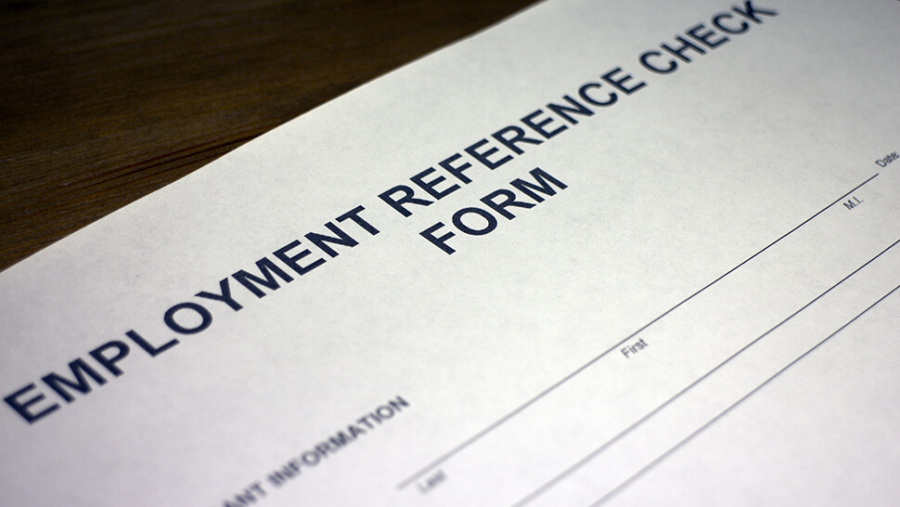

ACAS have published new guidance on employment references covering:
• types of references;
• when references are needed;
• whether references have to be provided;
• contents of references;
• whether bad references can be given; and
• solving common problems with references.
The key points to note from the guidance are as follows:
1. Whilst there is no legal obligation for an employer to give a reference, employers must ensure that any references given are fair and accurate, and that any requests for references are dealt with in a fair and consistent manner.
2. References should be a true, accurate and fair reflection of the applicant based on facts and not opinions. Where opinions are given (for example in response to a specific question) they should be supported by facts.
3. Employers must only seek references from an applicant’s current employer with the applicant’s permission.
4. In the event that a reference has not been provided, or shows that an applicant may be unsuitable for a position, the potential employer should consult the applicant in the first instance.
5. GDPR allows applicants to request copies of references given by previous employers. In the event that the applicant feels the reference is in any way inappropriate, they may be entitled to seek damages in court if they can satisfy certain criteria.
Whilst the ACAS guidance (located here) is not binding, it is recommended that schools follow it. In particular, ACAS’ suggestion of issuing a policy on references which clearly sets out how reference requests are to be dealt with and what information can be provided by referees should be considered.
When dealing with references, schools should of course also have regard to Keeping Children Safe in Education (KCSiE). The latest version came into force on 3 September 2018, and has amended and clarified some points in relation to references. These have also been reflected in the new ISI Commentary (September 2018). Key changes are:
• Clarity is provided that references should be sought from senior staff with appropriate authority, not just a colleague. This applies equally in the case of references for internal applicants. In the context of providing references, this should also be the case and protocol on who may give references is something to be covered in any policy.
• It remains good practice to obtain references before interview but the wording of KCSiE has changed and makes it more of a preference, rather than the previous strong recommendation.
• References should always be sought from the candidate’s current employer. In accordance with the ACAS guidance, it is good practice to ensure candidates are notified of the intention to seek references from the current employer within the application paperwork;
• For candidates not currently employed, a reference should always be obtained from the most recent employer, seeking reasons for leaving. Although not stipulated in KCSiE, it is our recommendation that if the most recent employer was not a school, college or local authority, as well as obtaining a reference from the most recent employer, schools should check the most recent education employer;
• Schools should not rely on information provided by a candidate in their application without seeking verification that the information is correct;
• Electronic references should always be verified as being received from a legitimate source, and we would recommend documenting that this has been done. For example, a reference received from a known school email address would be likely to be considered a legitimate source, whereas a Hotmail address should be followed up to ensure it is legitimate.
The full KCSiE guidance can be located here.
For specific advice or queries, please contact Emilie Darwin on 01242 246475 or [email protected].










